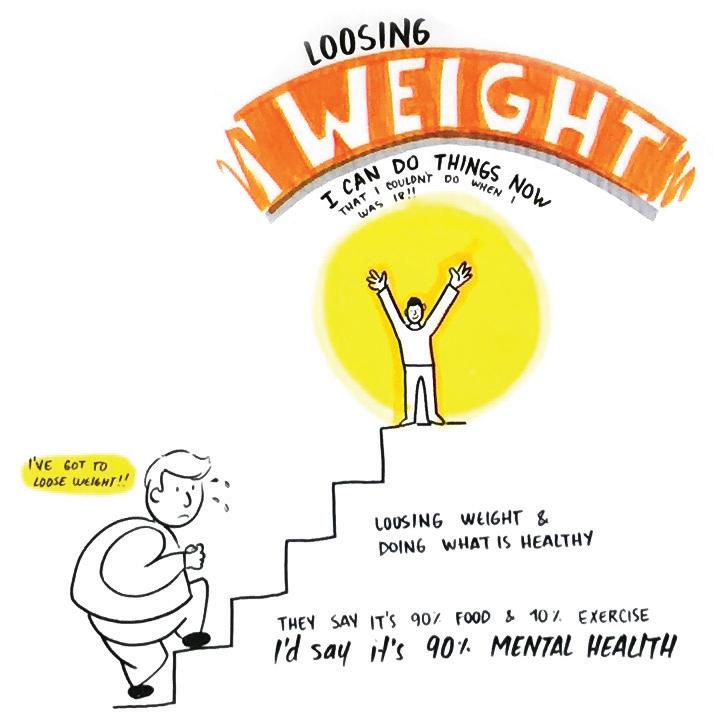
1 minute read
HCHW Theme Learning Questions
Atthe end of May, after we had done all of our “prospecting” and were ready to move into the deeper, broader listening your, RWJF provided us with a list of the current learning questions being worked in the Healthy Children, Healthy Weight Team, including an indication of which questions were priorities.
With support from our contacts at RWJF we chose not to change the composition of meetings we had scheduled, nor to alter our approach to ask these questions specifically. Rather, we included them as a focus in our own listening. Here’s what we heard:
Healthy Food Systems & Practices
To what extent do pricing incentives/disincentives (including taxes) influence the purchasing and consumption of SSBs and healthy foods particularly among the most vulnerable (without undermining equity goals)?
Oakland community organizers were opposed to the tax on sodas. In West Virginia the question arose if a higher tax on tobacco will actually make people stop smoking or if it will just mean that less money will be available for their children’s food. In both cases it felt to people like a solution imposed on them and they did not think of tax as support to make healthier choices. On the contrary tax was perceived as a punishment, especially if easier access to healthier drinks was not provided.
The stories we heard in all places about why people stopped drinking sodas were mostly because of significant health challenges, like diabetes to the point of facing death or losing a leg. The number two reason was that people who were significantly overweight found their personal motivation to lose weight and ceasing to drink soda was a quick win. Often this coincided with becoming part of a support community and learning healthier habits. Most people know how unhealthy sodas are, some are addicted and some simply don’t see it as a big enough problem, i.e., they don’t feel the effects yet.

“I was 300lbs. One day I looked myself in the mirror and decided something needs to change. I started boxing and eating healthy. No more sodas. Grandma supported me. It wasn’t always easy.”
(Young man, 15, Stockton)
In Stockton community organizations got together to propose to city council the “healthy by default kids’ beverage ordinance,” meaning either water or milk shall be served as the default beverage in children’s meals. It was celebrated as a success and is the second law of its kind adopted by a U.S. city, following the city of Davis, California.
“I see five year olds get fed too much sugar. They get hyper, teachers can’t deal with them and eventually they end up in prison. In Stockton we incarcerate more children under 10 than anywhere else in the country.”
(Sammy Nunez, Founder of Fathers and Families, Stockton, CA)




